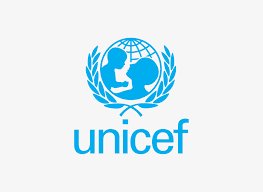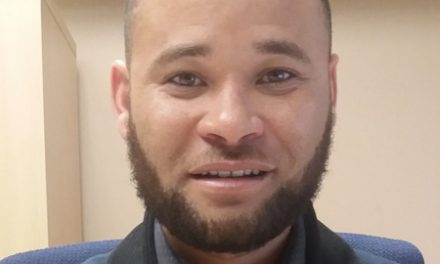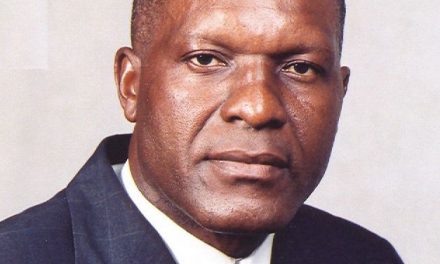
Open Defecation-Free status for residents of two Windhoek squatter camps

By Jaenique Swartz.
On 22 April, the City of Windhoek in partnership with UNICEF hosted the celebrations for the Open Defecation-Free Status of Samora Machel and Moses //Garoeb constituencies in Windhoek.
On average, more than 43% of the population practices open defecation as stated in the Namibia census mapping basic report of 2019 to 2021.
Citizens who do not have access to basic facilities such as toilets make use of dump sites, riverbeds, and plastic bags to dump their faeces. Despite all the investment and upliftment of informal communities, some 23% of those living in urban areas still defecate in the open. In the rural areas, this statistic explodes to a shocking 65%.
Rachel Odede, representative of the United Nation’s Children’s Fund in Namibia stated, “With the inevitable rapid influx of people leaving rural areas in search of a better life, authorities cannot keep up with the demand of providing basic services”.
Open defecation exposes residents of informal settlements to infections by Hepatitis E. Between October 2017 and March 2022, the most cases were reported in the Khomas and Erongo regions where the largest urban populations are concentrated.
As a result of the alarming figures, the City of Windhoek and the Namibian Chamber of Environment in partnership with UNICEF started to roll out a community total sanitation programme in the capital, in response to the Hepatitis E outbreak in 2019.
The cases reported stemmed from a lack of water, sanitation, and hygiene services in squatter camps, negatively impacting the health and living conditions of the people living in these communities.
To date, the programme has reached more than 1052 households that have constructed toilets in line with City of Windhoek standards and 5604 people now live in the two open defecation-free communities.
The programme will also be extended to include schools, clinics, and public spaces that suffer from a lack of hygiene services with the target of bringing the entire country to open defecation-free status in the future.











































